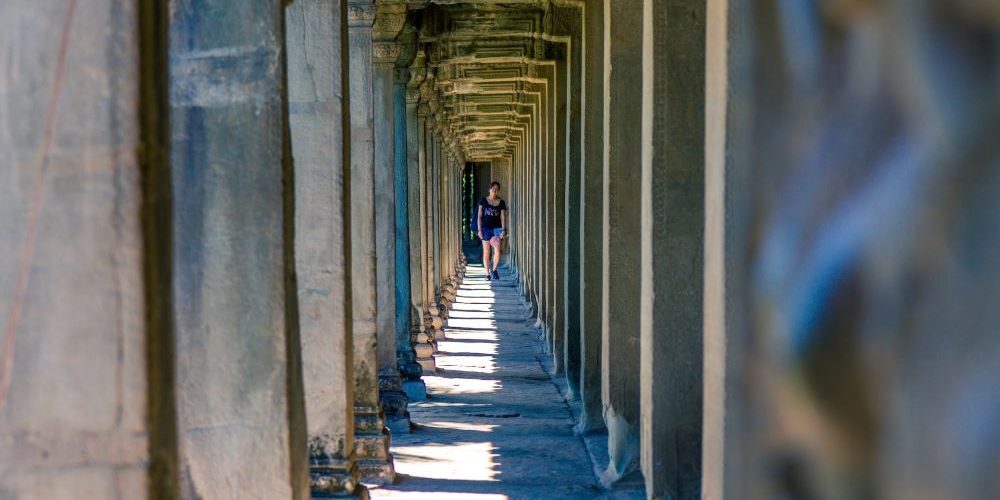Love means to learn to look at yourself
The way one looks at distant things
For you are only one thing among many.
And whoever sees that way heals his heart,
Without knowing it, from various ills.
A bird and a tree say to him: Friend.
Then he wants to use himself and things
So that they stand in the glow of ripeness.
It doesn’t matter whether he knows what he serves:
Who serves best doesn’t always understand.
by Czesław Miłosz
This poem was sent to me by a friend and right away intrigued me: what does the influential Polish poet Czesław Miłosz point to in this comparison of love with looking at yourself ‘the way one looks at distant things’? How do I look at distant things?
The poet points at seeing how we’re ‘only one thing among many’. Looking at myself in this way frees me of some of my self-importance: I’m part of the bigger picture rather than the main focus. And therefore I’m seldom the most important one to either praise or blame, which gives less need for the highs and lows of that changing feast. And as one among many I can also see the common humanity that unites us, we’re all in the same boat with a tricky brain that’s evolved for survival rather than happiness, doing the best we can with what we’ve got.
Also, in the distance we’re able to see what’s around the object we’re looking at, we can see the context. This made me think of compassion professor Paul Gilbert’s point of how the way we are is co-shaped by our surroundings: the people in our life and the experiences we’ve been through. So it’s not our fault that we find ourselves here (though it is our responsibility to find the best possible way forward!).
Another thing I find with distant things, is that it’s perhaps less likely I’ll be very critical of them, I don’t even notice the flaws or imperfections I might scrutinise from up close. Simply witnessing in spaciousness without getting so involved and caught up in my own story and how dreadfully important that story can seem…
So it might mean I’d look at myself with more perspective, understanding and acceptance – yes, I can see how this might ‘heal my heart’, and how it might help to find more friendship in the world.
And again, curious about using oneself and things ‘so that they stand in the glow of ripeness’. I can’t quite put my understanding of what he means with that into words but I get a sense of it, and I wonder if it doesn’t matter whether I know or not what I serve. But maybe there is some reassurance in his confidence that ‘who serves best doesn’t always understand’, maybe that too can be held lightly and spaciously. And perhaps it might reveal itself in context…

Photo by George Bakos on Unsplash


